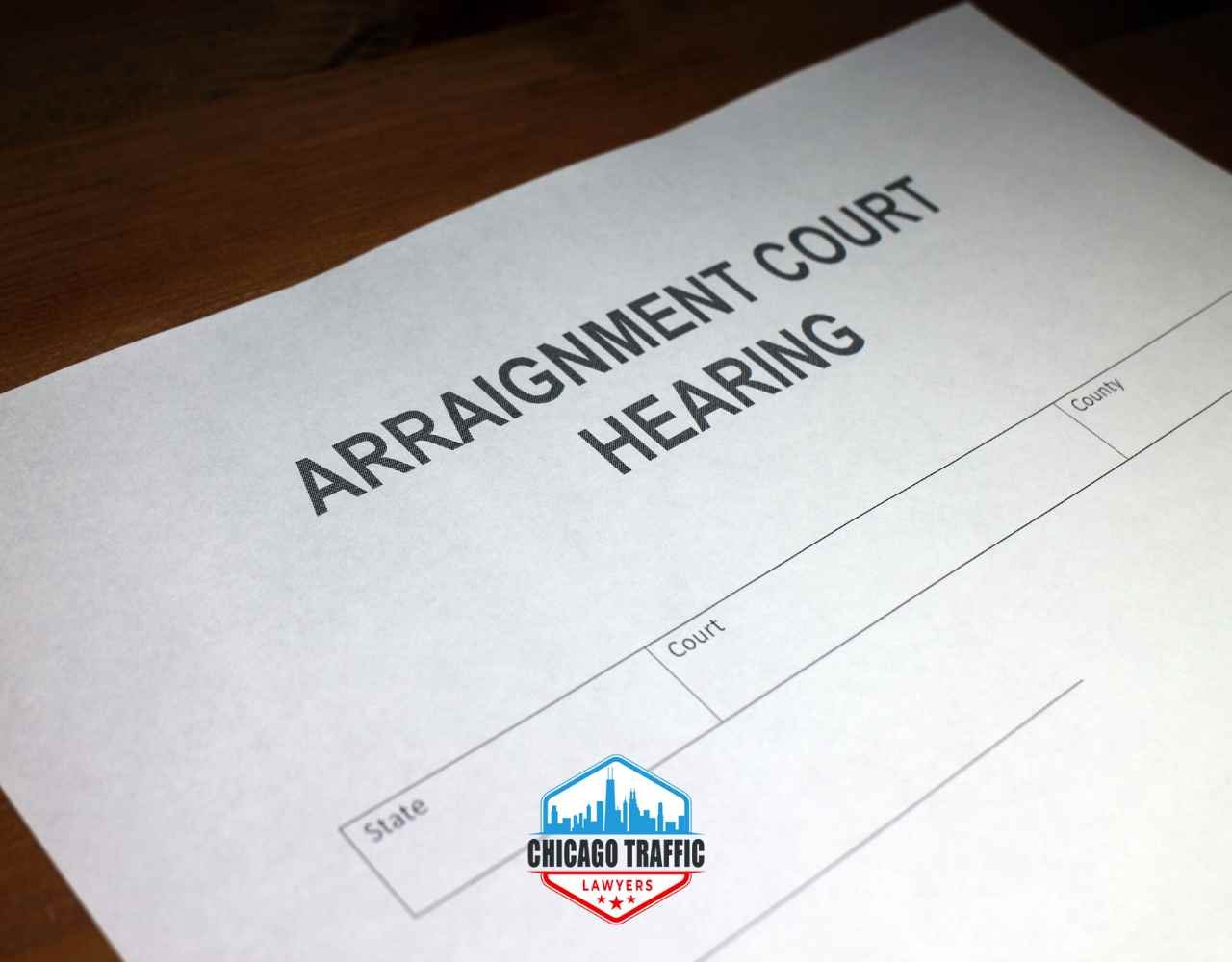Under Illinois law, a driver can be facing a serious penalty if the driver approaches a stationary emergency vehicle and refuses to either slow down or move over for the vehicle. This law is designed to protect first responders while they are on scene of a traffic stop or accident. Scott’s law includes police officers, paramedics, firefighters, and other emergency personnel.
Under the law, upon approaching an emergency vehicle making use of the lights and sirens and making use of audible or visual signal a driver must:
- If possible, yield the right of way by making a lane change away from the police officer or other emergency vehicle
- If changing lanes is unsafe, then you must slow down and leave a safe distance between your vehicle and the emergency vehicle.
- Proceed with caution as you pass the police officer or emergency vehicle.
Illinois State Police see major spike in Scott’s Law violation citations Nearly 6,000 Scott’s Law violation citations have been written in 2019 (Up from 728 last year).
Table of Contents
Why is it called Scotts Law?
The ticket known as “Scott’s Law” is named after Chicago Fire Department Lieutenant Scott Gillen, who was killed by a passing vehicle while working an emergency on the side of the road. The official name of the ticket is listed under 625 ILCS 5/11-907 also known as Failure to Yield to an Emergency Vehicle.
When did the Law go into Effect?
Scott’s law was signed into law in the year 2000. The law is originally known as the move-over law but is officially titled failure to yield to an emergency vehicle. As of January 1, 2017, Scott’s law now applies to all vehicles that display flashing emergency lights; including commercial trucks and cars.
Is Scotts Law a Moving Violation?
Yes, Under Illinois law Scott’s law is considered a petty offense and also considered a moving offense. If you receive three moving offenses in one year, your driver’s license will be suspended. Any moving violation on your license will amount to an increase in your insurance premiums.
Traffic violations can add up very quickly, it is important to avoid a conviction on your record for a moving violation. Our experienced traffic lawyers help our clients on a daily basis by keeping traffic tickets off their records while protecting their driving privileges.
How is the Move over law followed?
The move over law requires that as a driver is approaching an emergency vehicle, they must slow down, move over, and yield to the emergency vehicle. If at all possible, a driver is required to change lanes to give the emergency vehicle more space. This law was put into place to help protect emergency responders who are often responding to incidents on the side of busy highways.
When approaching an officer’s vehicle with flashing lights, drivers are ordered to change lanes (if possible), reduce speed, and proceed with caution.
How much is a Scott’s Law ticket?
A Scott’s law violation is considered a petty offense in the state of Illinois. Generally, a petty offense is only punishable by up to $1,000. With a Scott’s Law ticket, you can be fined much higher. Those who violate this law and cause an injury or death will be charged with a Class 4 felony.
- First Offense: Fine of $250 to $10,000 and an additional $250 to the Scott’s law fund (plus any court costs)
- Second Offense: Fine of $250 to $10,000 and an additional $250 to the Scott’s law fund (plus any court costs)
- In addition to fines, if the violation involves property damage, the violator’s driver’s license will be suspended for a mandatory period of 3 to 12 months.
Do I Need a Lawyer for a Scott’s Law ticket?
If you have been charged with a Scott’s Law ticket you are going to want the best traffic lawyer you can find. Although traffic violation is a petty offense, it comes with steep minimum fines and the real possibility of your license getting suspended.
Furthermore, you are facing a permanent mark on your driver’s license which can lead to issues with your driver’s license and increased insurance rates. Let our award-winning criminal defense lawyers keep your fines down and help you from receiving a license suspension. We represent clients throughout Chicago, DuPage County, Will County, and Cook County.



